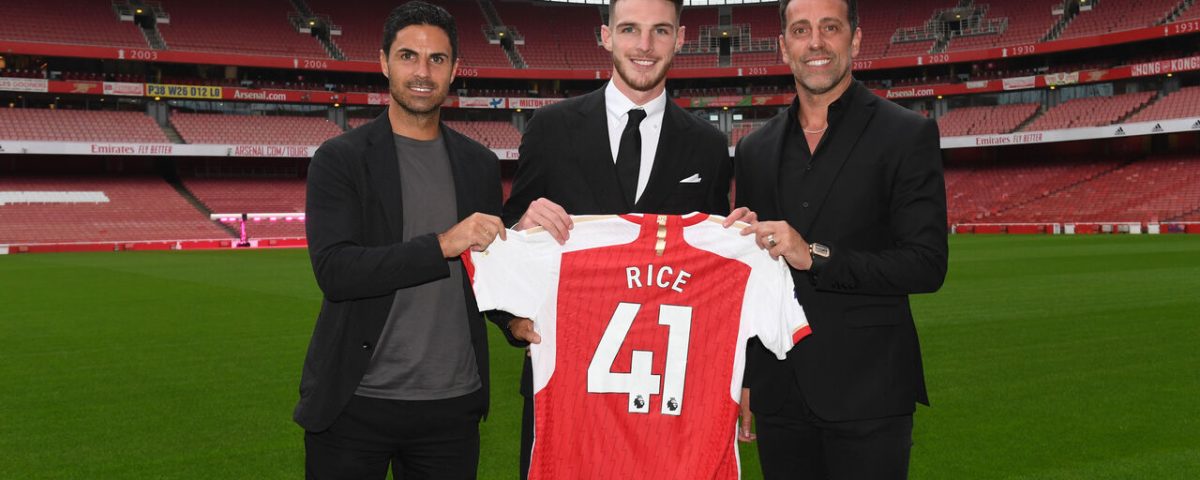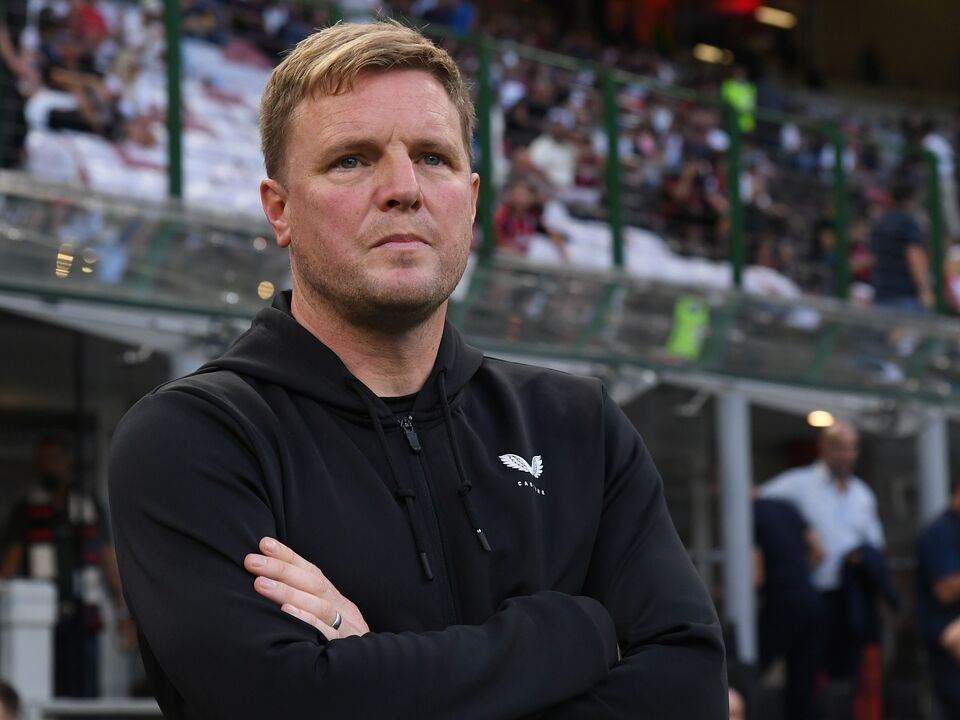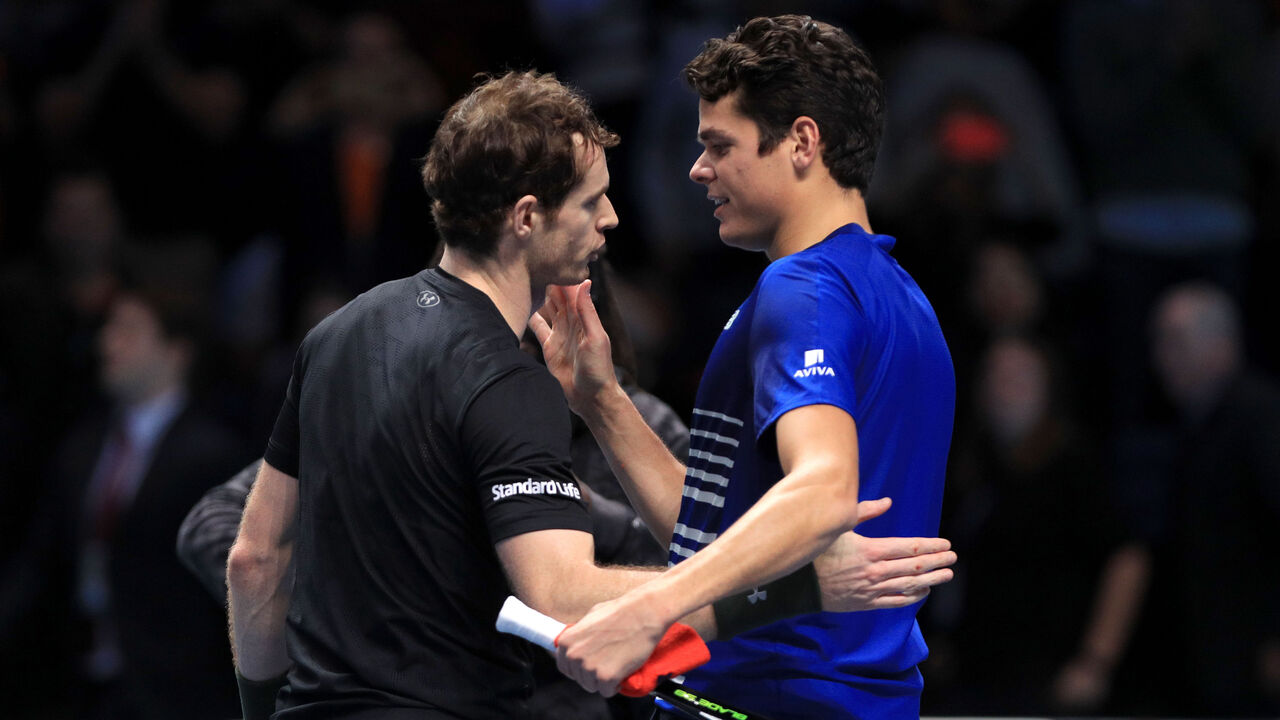
Return of 'The Missile': Raonic rejuvenated after 2-year ATP Tour absence
September 2, 2023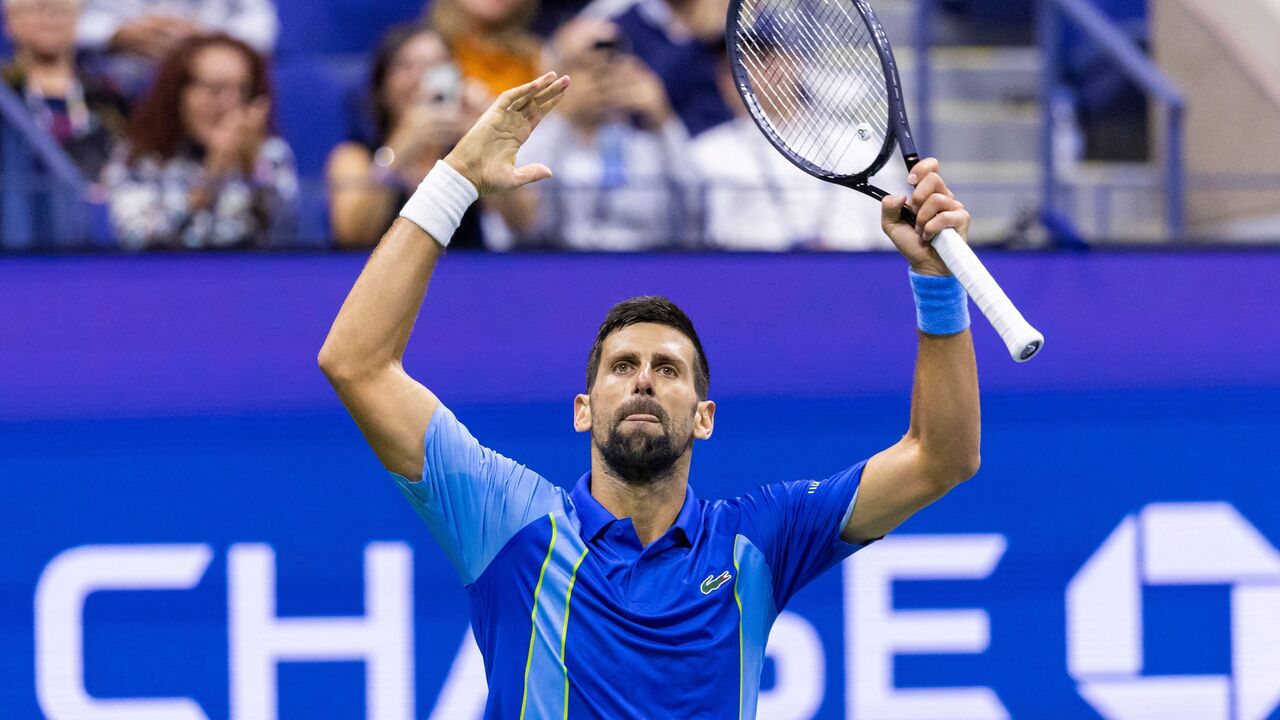
US Open takeaways: Djokovic's epic 3rd-round win, resurgent Wozniacki highlight Week 1
September 5, 2023And … breathe. After a flurry of massive moves resulted in nearly €6 billion being spent on new talent across Europe, theScore picks out the winners and losers from a lavish summer transfer window.
Winners: Arsenal
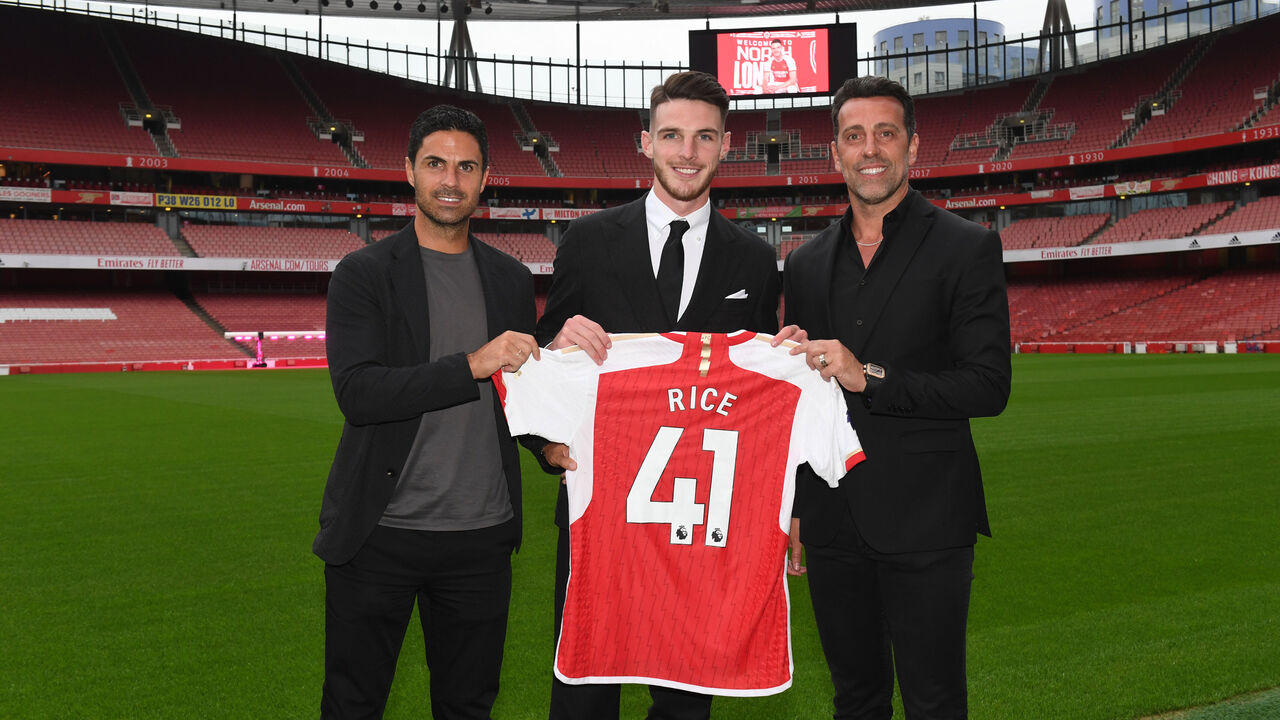
Keeping up with Manchester City is an enormous task. Pep Guardiola’s well-oiled side, on the back of a historic treble, arguably got even better this summer, throwing down the gauntlet once more to the chasing pack by adding the likes of Josko Gvardiol and Matheus Nunes.
If Arsenal are going to take another step in their development and establish themselves as a legitimate, longstanding threat to City’s dynasty after last season’s intoxicating title challenge, they need significant investment in their burgeoning squad. Mikel Arteta, backed by the brass, got precisely that, as the Gunners beat City to the £105-million signing of Declan Rice. They were terribly unlucky to see versatile young defender Jurrien Timber suffer a torn ACL so early into his Arsenal career, and the jury is still out on just how Kai Havertz fits into Arteta’s squad. However, the team is objectively more talented than last season, to say nothing of internal growth.
Losers: Liverpool
By the time the window slammed shut, Liverpool had achieved their primary objective in the transfer market by totally overhauling a midfield that was desperately screaming out for reinvention. Dominik Szoboszlai could end up being the single best deal of the summer in England, Alexis Mac Allister has settled quickly, and Wataru Endo provides solid depth. If deadline-day acquisition Ryan Gravenberch can rediscover the form that made him so desirable during his Ajax tenure, he could become a steal.
But getting to that point was anything but smooth. The process, especially in the eyes of supporters, matters. Liverpool were publicly scorned by both Moises Caicedo and Romeo Lavia as both midfielders, in quick succession, turned down the chance to join the Reds in favor of free-spending Chelsea despite the Blues’ lack of European football this season. Jurgen Klopp’s men also lost captain Jordan Henderson and Fabinho to Saudi Arabia in surprising moves that weren’t foreseen at the start of the window. And with the Saudi window remaining open for nearly three more weeks, Al-Ittihad’s pursuit of Mohamed Salah will have Liverpool and their fans sweating.
Winner: Saudi Pro League
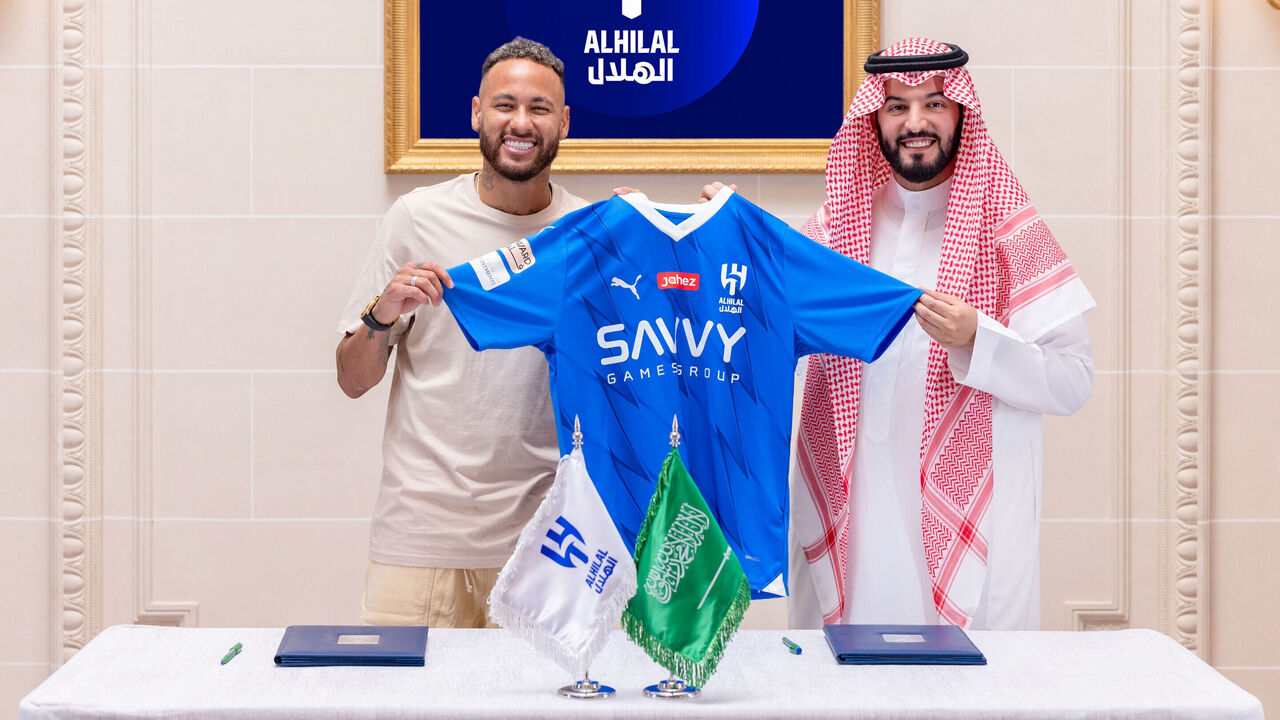
Cristiano Ronaldo’s arrival was only the beginning, as it turns out. Saudi Arabia’s unprecedented effort to take over world football – and cleanse its global image in the process – continued unabated this summer. The likes of Karim Benzema, Neymar, Sadio Mane, Riyad Mahrez, Sergej Milinkovic-Savic, Jordan Henderson, and N’Golo Kante, to name a few, followed the five-time Ballon d’Or winner to the Middle East.
But it’s the captures of players like Ruben Neves and, especially, rising Spanish star Gabri Veiga that’ll have many around Europe a little nervous if not yet outright frightened. Signing aging stars near the end of their respective careers is one thing – if anything, it actually aids European clubs who are looking to rid themselves of burdensome contracts. But if Saudi Arabia continues to lure blossoming talents like Veiga from under the noses of traditional European powers, we could be in for a legitimate dynamic shift.
Losers: Inter Milan
Aside from the capture of impressive young midfielder Davide Frattesi and the signing of Marcus Thuram on a free transfer, last season’s Champions League finalists endured a frustrating summer riddled with unfruitful pursuits. Inter wanted to bring back Romelu Lukaku, but he tried to engineer a move to bitter rivals Juventus before ultimately ending up at Roma. They were keen on Folarin Balogun, but they didn’t have the financial muscle to meet Arsenal’s demands. They wanted Gianluca Scamacca, but he ended up at Atalanta instead. They were linked with Mehdi Taremi, too. Instead, the Nerazzurri, who lost Edin Dzeko and Joaquin Correa, ended up with a pair of familiar faces in the form of 34-year-olds Marko Arnautovic and Alexis Sanchez.
Inter also spent much of the summer chasing Lazar Samardzic, only for the deal to collapse after it was on the one-yard line. Meanwhile, the arrival of long-time Juventus stalwart Juan Cuadrado on a free transfer was met with fury by supporters. The deadline-day signing of Davy Klaassen doesn’t exactly inspire confidence, either, while Simone Inzaghi’s team is objectively worse between the sticks following Andre Onana’s move to Manchester United. Contrast that with city rivals AC Milan, who used the windfall from Sandro Tonali’s sale to rejuvenate their entire squad, and Inter had a summer to forget.
Winners: Paris Saint-Germain
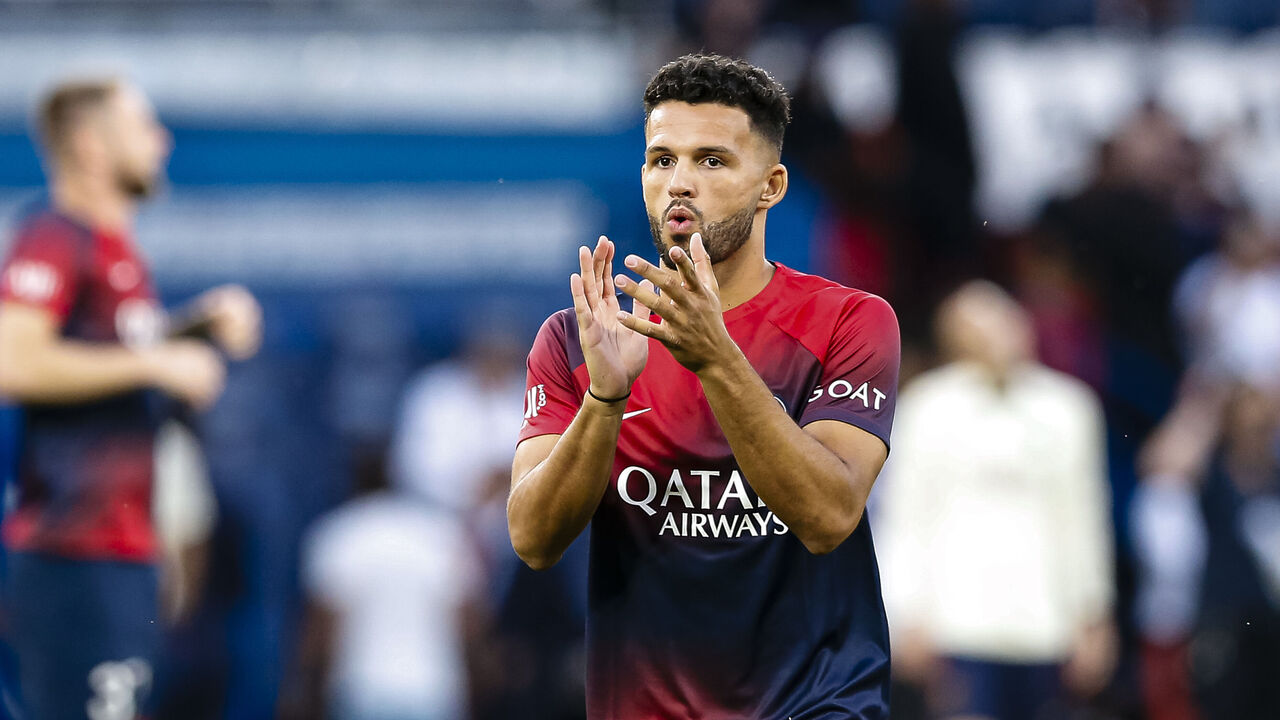
Paris Saint-Germain lost the greatest footballer of all time and the most expensive player in history in the same summer. Against that backdrop, it seems asinine to suggest they “won” the transfer window. But the departures of Lionel Messi and Neymar were, ultimately, in the best interest of all parties. The Argentine was clearly not content in the French capital, as he made clear after his switch to Inter Miami, while PSG were more than happy to rid themselves of the frustrating Brazilian star.
More importantly for PSG, they were able to keep hold of Kylian Mbappe after another protracted saga. Even if it’s only for one more season before he inevitably joins Real Madrid, PSG are an infinitely better team after retaining Mbappe than they would be without him. They also went on a rampage during the summer window, splashing significant sums to sign 11 players, including several rising young stars. PSG have rebuilt their attack with Randal Kolo Muani, Goncalo Ramos, Ousmane Dembele, and Bradley Barcola, while Manuel Ugarte should be a midfield mainstay for some time. PSG, after a dizzying Galacticos era that didn’t yield the expected results, are changing their approach in the hopes of building a more cohesive, sustainable squad with long-term potential.
Losers: Everton and Wolves
Another relegation battle beckons for Everton. After narrowly avoiding the drop the last two seasons, they needed an impressive summer to get away from the throes of the bottom three this campaign. Instead, the Toffees only mustered a handful of signings that ranged from underwhelming to downright confounding. Is Beto going to cure their scoring woes? What, exactly, is 38-year-old Ashley Young going to provide? Is Jack Harrison healthy? One of the flimsiest backlines in the Premier League didn’t get addressed, while Alex Iwobi, one of the team’s better performers, departed on deadline day. Not great.
Wolves, meanwhile, are in a similar boat. Aside from bringing Matt Doherty back to the club, the Midlands outfit’s summer was blighted by departures; Ruben Neves, Nathan Collins, and Raul Jimenez were sold, while Joao Moutinho and Adama Traore left on free transfers. Their business was so underwhelming that it was the primary reason a disgruntled Julen Lopetegui decided to leave the club on the eve of the Premier League season. It was fitting, actually, that Matheus Nunes was shipped out on deadline day and the club didn’t sign a suitable replacement.
Winners: Brighton & Hove Albion
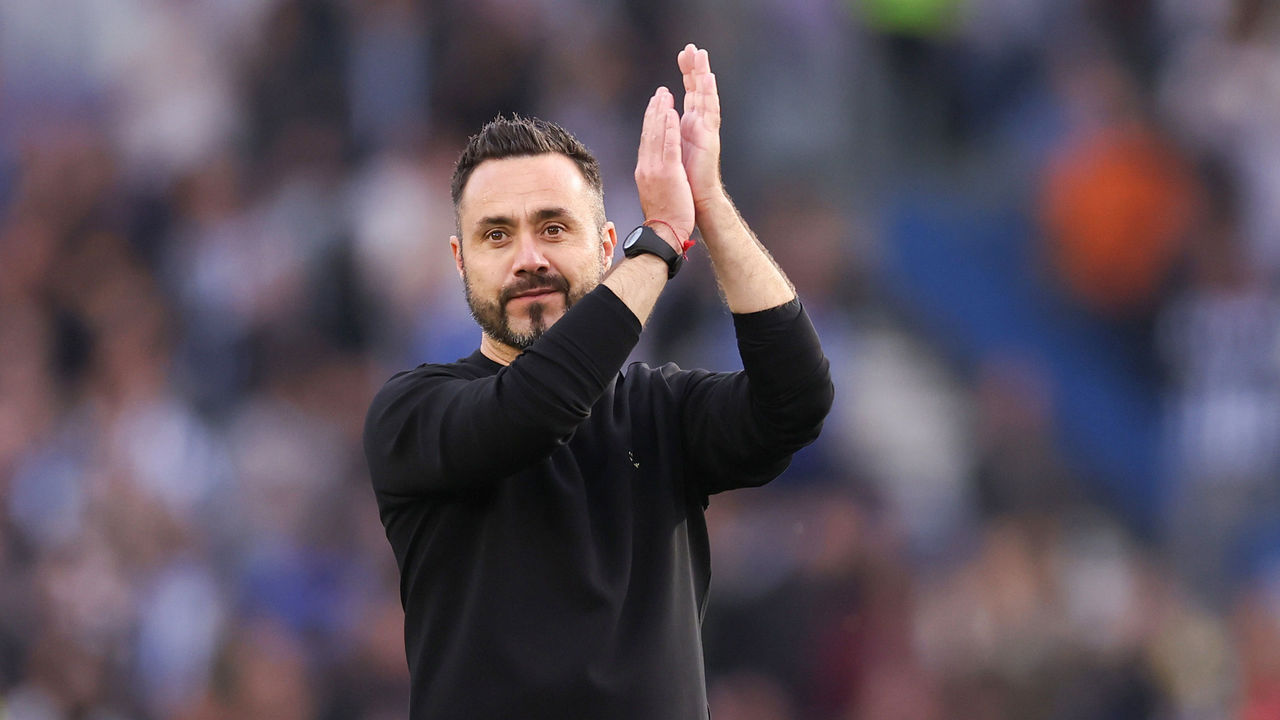
There’s perhaps no savvier operator in the transfer window than Brighton. In selling Moises Caicedo, Robert Sanchez, and Mac Allister for a combined £175 million, the Seagulls turned a monstrous profit on three players that cost them a combined £11 million to acquire. Caicedo’s move to Chelsea, a British record, was more expensive than the cost of Brighton’s stadium.
Brighton, as always, reinvested wisely, relying on their superb scouting department to unearth young players who can deliver immediate results while also keeping the conveyor belt churning. Of the players Brighton spent a fee to sign this summer – versatile veteran James Milner and midfielder Mahmoud Dahoud arrived on free transfers – only one of them, Igor, was older than 21 years old. Carlos Baleba profiles as a future star who will command a hefty fee at some point very soon, while the stunning deadline-day acquisition of Ansu Fati on loan was one of the most eye-catching moves of the entire window.
Loser: Mauricio Pochettino
Todd Boehly and Clearlake Capital continued their spending spree this summer, taking their total expenditure on new players to over £1 billion since acquiring Chelsea. Of their 11 new recruits over the past few months, none are older than 25. The strategy is clear. It should pay off handsomely down the line as their superlative crop of youngsters flourish together in the coming years. There’s risk in that approach, and some of the players may yet turn out to be busts, but it’s worthwhile for a club trying to get back to the upper echelons of European football.
The issue in the immediate term, though, is making all the pieces fit. That task now falls squarely on the shoulders of Mauricio Pochettino. By virtue of Chelsea’s inability to trim their squad further on deadline day, it’s a big undertaking for the Argentine tactician. The Blues did well to ship out several unwanted players, but Marc Cucurella, Trevoh Chalobah, Ian Maatsen, and Conor Gallagher, all close to departing Friday, stayed put. Pochettino has to figure out a way to keep everyone happy without the benefit of European football to give his players minutes this season.
Winners: MLS, Inter Miami, and Lionel Messi
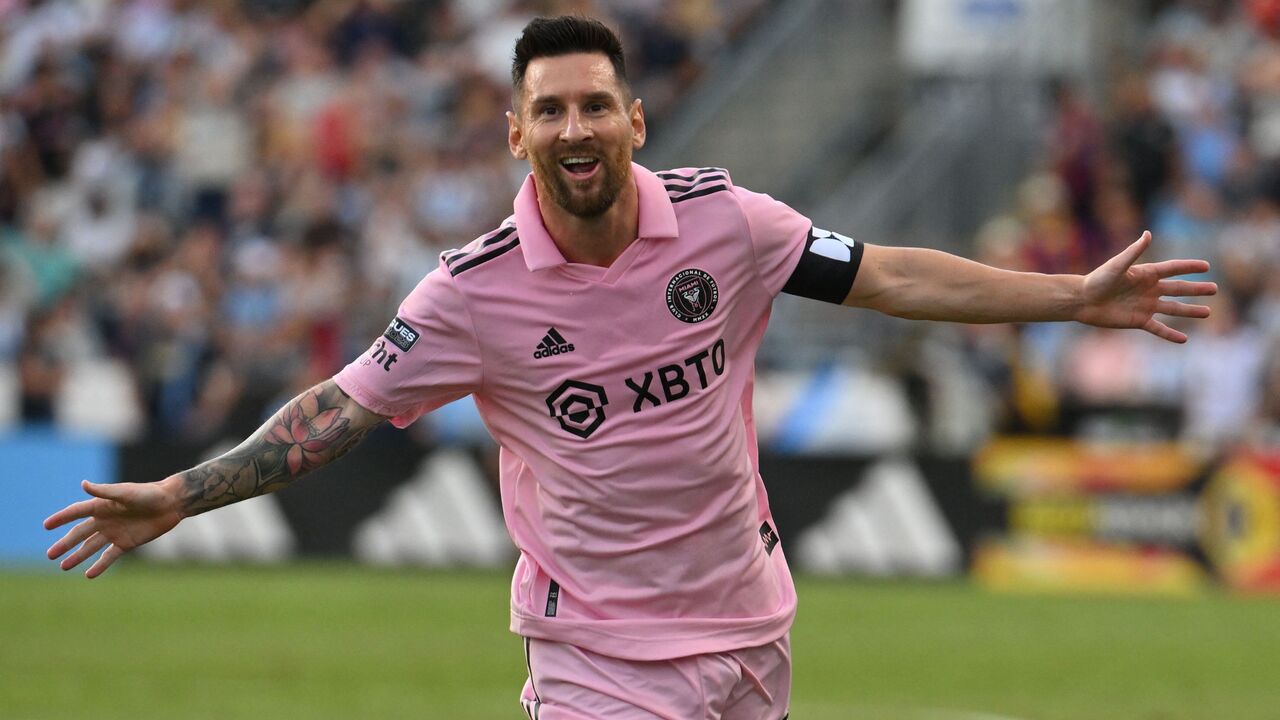
No matter the hoops you have to jump through, no matter how many league rules need to be finessed or altered to make it happen, when you have a legitimate opportunity to sign Messi, you do it. Inter Miami owners Jorge Mas and David Beckham, as well as Major League Soccer Commissioner Don Garber – with the financial backing of league partner Apple – figured out a way to make it work, and they’re already reaping the benefits. Every time Messi steps on the pitch for Inter Miami, it’s been a must-see event. Celebrities are flocking to Inter Miami’s matches, subscriptions to the league’s streaming service are skyrocketing, and people, many of whom had never even considered tuning in to North American soccer before, are glued to the screen. A masterstroke.
On the pitch, it’s been a rousing success thus far, too. Messi led Miami to its first-ever trophy and got the team to the U.S. Open Cup final, often performing some kind of jaw-dropping moment of magic that almost seemed scripted. The iconic Argentine seems genuinely happy in the United States with his family by his side while also getting to enjoy his new experience with close friends Sergio Busquets and Jordi Alba. What more could you ask for?
Loser: Harry Maguire
Nobody – seriously, nobody – needed a transfer more than Harry Maguire. Unfortunately, he didn’t get it. Erik ten Hag can publicly state that he has faith in Maguire all he likes and that he’ll contribute at points this season, but that’s quite clearly not going to be the case, at least not in a meaningful way, for the much-maligned center-back. His deterioration from Manchester United captain to a punchline – fair or not – has been stark.
A prospective move to West Ham United, which would’ve benefitted all parties, didn’t come to fruition, which means the most expensive defender ever needs to wait until January, at least, to get his career back on track.
Winner: Harry Kane
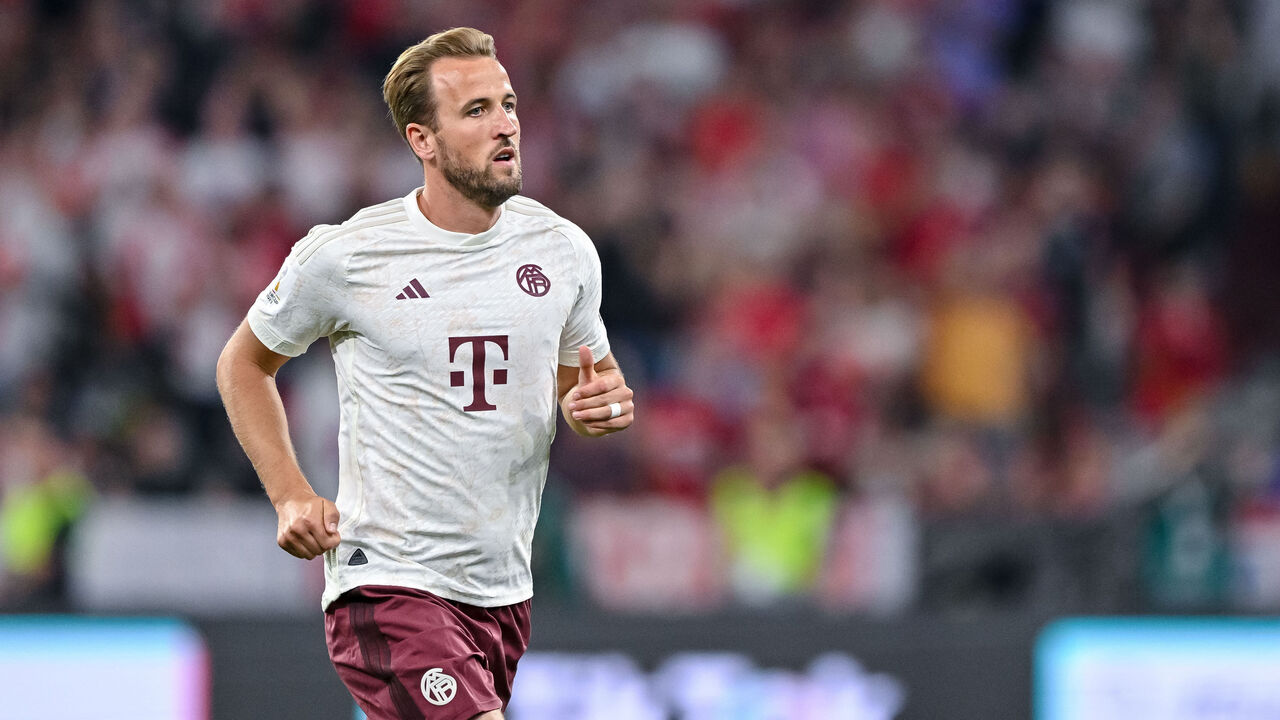
On the flip side, here’s a Harry who actually got the move he desired. Kane, who gave every last ounce trying, unsuccessfully, to lead Tottenham Hotspur to a trophy, was finally given the opportunity to chase silverware at Bayern Munich. With Bayern, he’s all but guaranteed to lift some kind of hardware barring some cruel twist of fate.
This may be a rare transfer that works out for everyone involved. Kane obviously wanted to move on, but he didn’t force his way out, and the amicable departure didn’t sully his status as a club legend. Spurs, meanwhile, recouped €100 million for a 30-year-old. And Bayern, one year later, found a proper replacement for Robert Lewandowski. Everybody wins.
Losers: Europe’s other leagues
The almighty Premier League pound remains undefeated. England’s top 20 clubs splashed a record £2.36 billion this summer, smashing the previous mark of £1.92 billion that was established last year. That eye-watering figure accounted for 48% of total spending across Europe’s top five leagues. On its own, the Premier League nearly matched the combined outlay of Serie A, La Liga, the Bundesliga, and Ligue 1.
Of the top 10 most opulent spenders this summer, PSG are the only non-English or Saudi club to crack the list. If anything, the gap is only widening.

